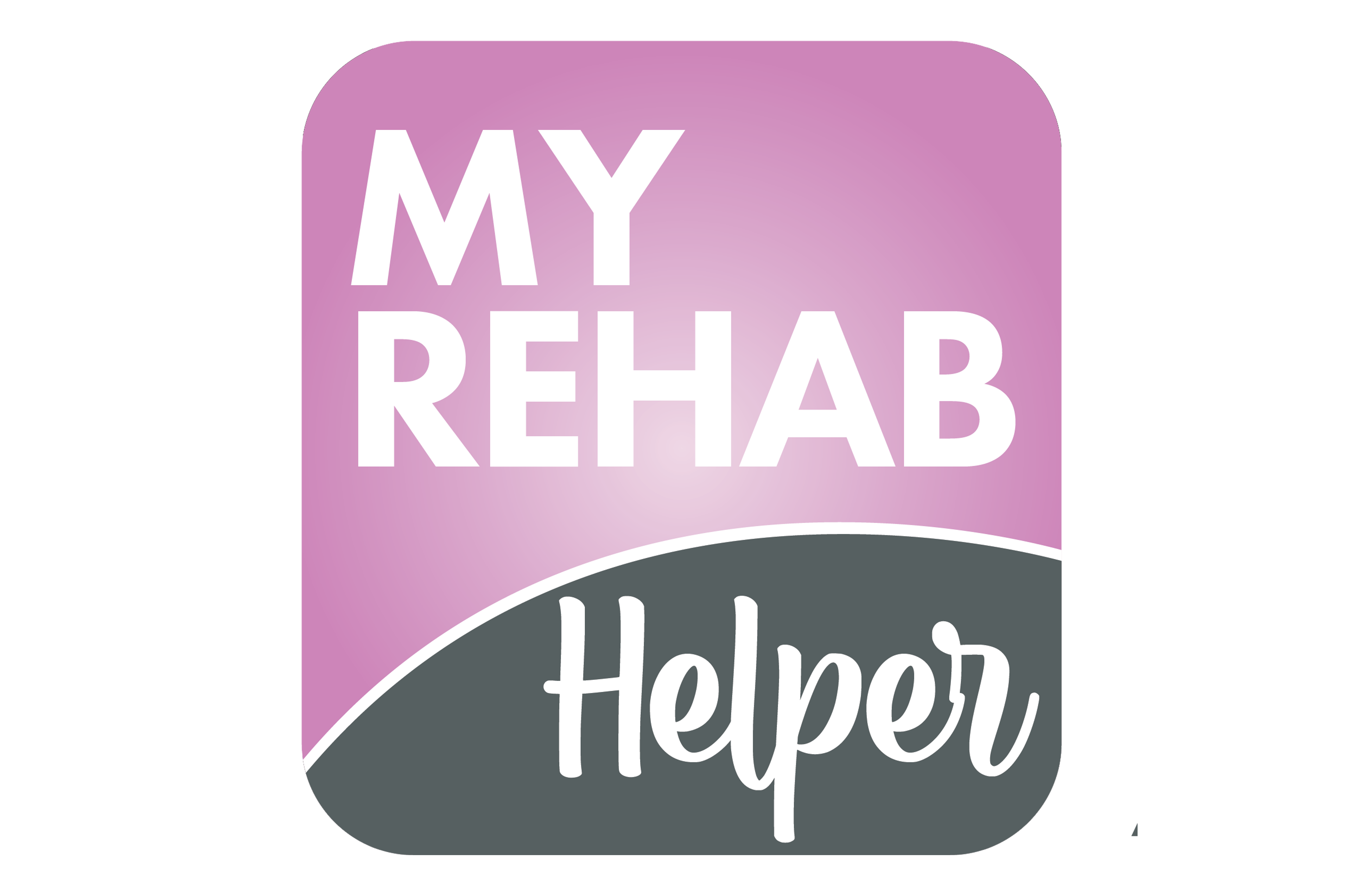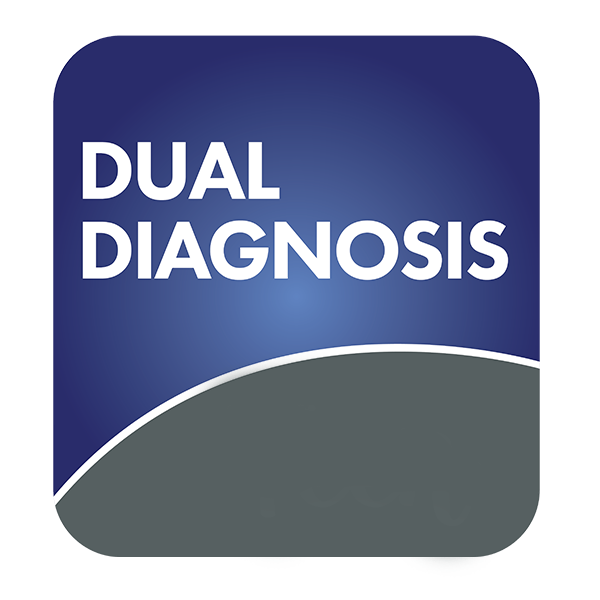Understanding Mood Disorders and Their Interplay with Addiction
May is Mental Health Awareness Month!
Navigating the Complex Relationship Between Mood Disorders and Substance Use
Mood disorders, encompassing a wide range of conditions that affect a person’s emotional state, significantly impact daily functioning and overall quality of life. This page explores the intricate relationship between mood disorders and addiction, shedding light on the bidirectional nature of this interplay and offering insights into effective management strategies.
Overview of Mood Disorders
Mood disorders are characterized by significant alterations in mood and behavior, ranging from periods of intense sadness or despair (as seen in Major Depressive Disorder) to episodes of elevated mood or mania (typical of Bipolar Disorder). These conditions can profoundly affect an individual’s thoughts, feelings, and ability to function.
The Nexus Between Mood Disorders and Addiction
The relationship between mood disorders and addiction is complex and multifaceted:
Self-Medication:
Individuals suffering from mood disorders may turn to alcohol or drugs as a way to self-medicate, seeking temporary relief from their symptoms. While substances may provide short-term alleviation, they can exacerbate symptoms over time and lead to dependency.
Substance-Induced Mood Disorders:
Chronic substance use can lead to the development of mood disorder symptoms, complicating the diagnosis and treatment of both conditions.
Shared Risk Factors:
Mood disorders and substance use disorders often share common risk factors, including genetic vulnerability, environmental stressors, and neurobiological abnormalities, suggesting overlapping pathways that may contribute to the co-occurrence of these conditions.


Addressing Dual Diagnosis: Mood Disorders and Addiction
Effective treatment for co-occurring mood disorders and addiction requires an integrated approach that simultaneously addresses both conditions:
Comprehensive Assessment:
A thorough assessment is critical to understanding the nature of the mood disorder and the extent of substance use, facilitating the development of a tailored treatment plan.
Integrated Treatment Programs:
Programs that offer combined treatment for mood disorders and addiction can provide the most effective care, incorporating medication management, psychotherapy, and support groups.
Psychotherapy:
Evidence-based therapies, including Cognitive Behavioral Therapy (CBT) and Dialectical Behavior Therapy (DBT), are effective in treating mood disorders and can be adapted to address substance use issues.
Medication Management:
Carefully managed medication can be crucial for stabilizing mood disorder symptoms, with consideration given to the potential for substance interaction or misuse.
Support Systems:
Building a robust support system, including family, friends, and peer support groups, can provide essential encouragement and accountability throughout recovery.
Challenges in Treatment and Recovery
Addressing the challenges of co-occurring mood disorders and addiction necessitates a comprehensive understanding of the complexities involved in treating dual diagnosis patients. Here are key challenges and considerations in managing these intertwined conditions:

Diagnostic Complexity
Overlapping Symptoms:
Mood disorders and substance use can have overlapping symptoms, such as changes in mood, energy levels, and behavior. This overlap can complicate accurate diagnosis and treatment planning.
Substance-Induced Mood Disorders:
Differentiating between mood disorders caused by substance use and primary mood disorders requires careful assessment and may affect treatment approaches.
Treatment Engagement and Compliance
Motivation for Treatment: Individuals suffering from mood disorders may lack motivation or insight into their condition, compounded by substance use, making engagement in treatment more challenging.
Adherence to Treatment: Fluctuations in mood, as well as the effects of substance use, can impact an individual’s ability to adhere to treatment plans, attend therapy sessions, and take medications as prescribed.

Integrated Treatment Approach
Coordinating Care:Effective treatment requires a coordinated approach that addresses both mood disorders and addiction simultaneously, which can be complex to implement.
Limited Access to Integrated Services: There is often a lack of integrated treatment programs that are equipped to address both conditions comprehensively, potentially leading to unmet treatment needs.
Medication Management
Medication Interactions:
The potential for interactions between psychiatric medications and substances of abuse requires careful monitoring and adjustment of treatment regimens.
Risk of Misuse:
There is a risk that individuals may misuse prescribed medications, particularly those with addictive potential, necessitating non-addictive treatment options where possible.
Social and Interpersonal Challenges
Stigma:
Stigma associated with both mood disorders and addiction can hinder individuals from seeking help and accessing treatment services.
Impact on Relationships:
The strain placed on personal and familial relationships by mood disorders and addiction can further isolate the individual, complicating recovery efforts.
Relapse Prevention
Managing Relapse Risk:
Individuals with co-occurring mood disorders and addiction face a heightened risk of relapse. Treatment plans must include comprehensive relapse prevention strategies, addressing triggers for both substance use and mood disorder episodes.
Emotional and Psychological Support
Holistic Care:
Addressing the emotional and psychological needs of individuals with co-occurring mood disorders and addiction requires holistic care that encompasses psychotherapy, support groups, and, where applicable, family therapy.
Navigating the Path to Recovery
The challenges in managing co-occurring mood disorders and addiction underscore the need for an integrated, patient-centered approach to treatment. By recognizing and addressing these complexities, mental health professionals can better support individuals on their journey towards recovery and improved mental health.
Contact Us!
For Ethical Screening & Referral Sources Contact:

Learn more about our partnership with MyRehab Helper
Click Here
